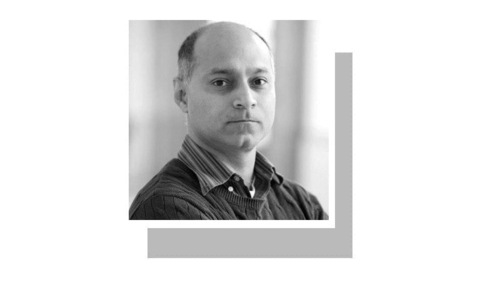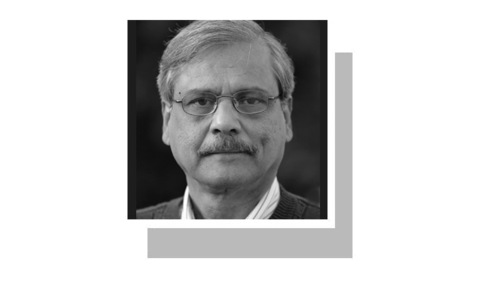The World Bank has approved $1 billion in additional financing for the Dasu Hydropower Project (DHP) in Khyber Pakhtunkhwa’s Upper Kohistan district, it emerged on Tuesday.
“The World Bank’s Board of Executive Directors today approved $1 billion in a second round of additional financing for the Dasu Hydropower Stage I (DHP I) Project,” the global bank said in a press release issued late last night.
“This financing will support the expansion of hydropower electricity supply, improve access to socio-economic services for local communities, and build the Water and Power Development Authority’s (Wapda) capacity to prepare future hydropower projects,” it highlighted.
“Pakistan’s energy sector suffers from multiple challenges to achieving affordable, reliable, and sustainable energy,” the statement quoted World Bank Country Director for Pakistan Najy Benhassine as saying.
Terming the Dasu project site as “one of the best hydropower sites in the world and a game changer for the Pakistan energy sector”, Benhassine asserted that “with a very small footprint, the DHP will contribute to ‘greening’ the energy sector and lowering the cost of electricity”.
Meanwhile, Rikard Liden, the task team leader for the project, stressed that DHP-I was an “essential project in Pakistan’s efforts to reverse its dependence on fossil fuels and reach 60 per cent renewable energy by 2031”.
“The second additional financing will facilitate the expansion of electricity supply and potentially save Pakistan an estimated $1.8bn annually by replacing imported fuels, and offset around 5 million tons of carbon dioxide,” the statement quoted Liden as saying.
“The annual economic return of DHP-I is estimated to be around 28pc,” the project leader stated.
According to the World Bank, upon completion, the Dasu project will have an installed capacity of 4,320–5,400 megawatts (MW).
“The project is being built in stages. DHP-I has a capacity of 2,160MW and will generate 12,225 gigawatt hours (GWh) per year of low-cost renewable energy. The DHP-II will add 9,260–11,400GWh per year from the same dam,” the statement said.
“Through this project adult literacy has increased by an estimated 30pc since 2012, boys’ schooling increased by 16pc while girls’ schooling has increased by 70pc during this period,” the World Bank highlighted.
“The additional financing will further support ongoing socio-economic initiatives in Upper Kohistan, particularly in the areas of education, health, employment, and transport,” it added.














































Dear visitor, the comments section is undergoing an overhaul and will return soon.